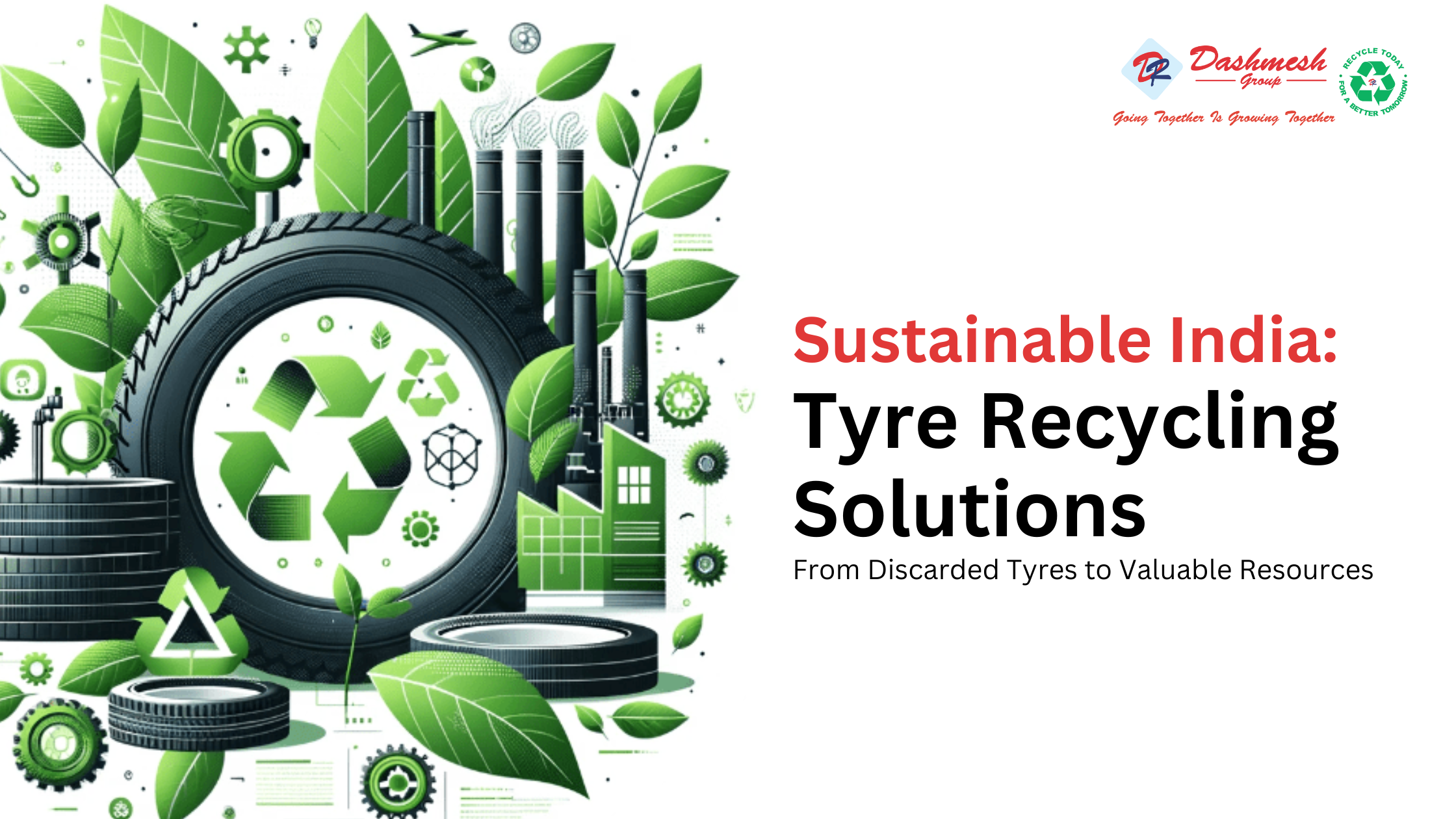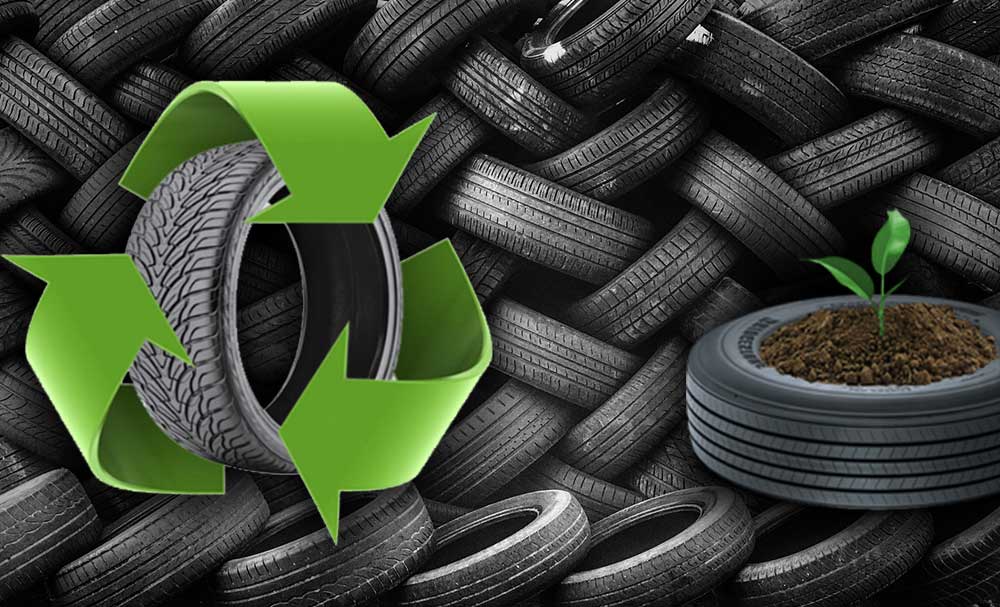Silicone Rubber: A Balancing Act Between Durability and Sustainability
Silicone rubber's popularity stems from its unmatched durability and resilience. It thrives in extreme temperatures and offers a long lifespan, making it a go-to material for various applications. However, when those parts eventually need replacing, the question of sustainability arises.
Recycling silicone isn't as simple as tossing it in the bin. Standard recycling programs don't accept it, and unlike some materials, silicone doesn't biodegrade. Specialized recycling facilities exist, but the process involves:
- Shredding the material into tiny pieces.
- Heating the pieces until they vaporize.
- Cooling the vapors to collect liquid silicone oil.
- Filtering the oil multiple times.
While eco-friendly compared to creating new silicone, this method has limitations:
- Downcycling: Every recycled batch loses quality, making it unsuitable for certain high-performance needs.
- Eventual Unusability: After repeated downcycling, the silicone becomes unusable.
Despite these challenges, silicone boasts some eco-friendly advantages:
- Durability: Its long lifespan minimizes waste from frequent part replacements.
- Reduced Material Consumption: You'll need fewer replacements, leading to less overall material usage.
- Better than Alternatives: Compared to many plastics, silicone offers a more sustainable long-term solution. It doesn't release harmful chemicals when disposed of.
Finding the Right Balance:
Choosing the best material for your needs involves a delicate balance between sustainability, performance requirements, and budget. Timco, your trusted supplier, can help navigate this process by:
- Designing high-quality, long-lasting parts.
- Identifying materials that minimize your environmental footprint.
- Assisting you in achieving your green initiatives and goals.
Remember, while silicone isn't perfect, it offers a durable and relatively eco-friendly option. By working with the right partners, you can make informed choices that benefit both your business and the environment.


 +91-9624449993
+91-9624449993




